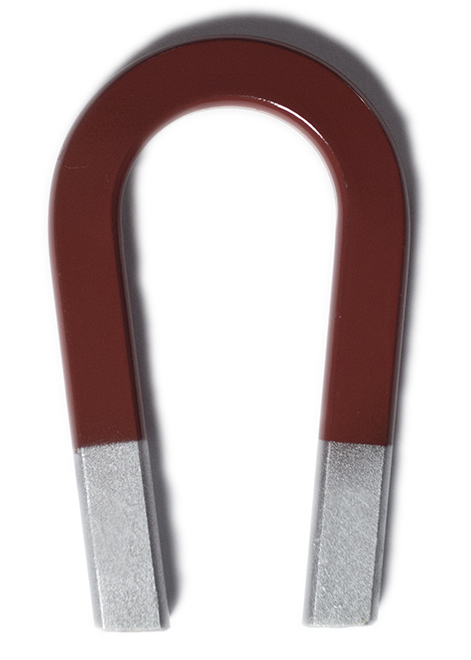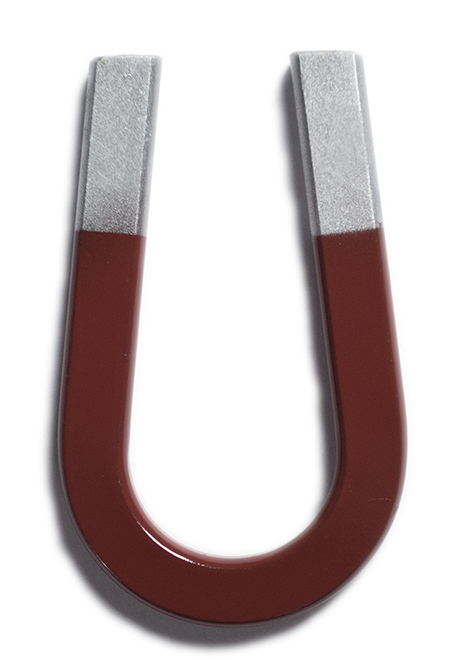Divided Discourse
Students seek to engage in meaningful dialogue about one of Northwestern’s most contentious issues.
By Julia Clark-Riddell and Medha Imam
Photos by Sean Magner

When Associated Student Government Senator and Weinberg sophomore Isaac Rappoport voted in favor of the Northwestern Divest resolution, he voted with the knowledge that he would lose friends.
Rappoport had watched the NU Divest movement – which advocated for the University’s Board of Trustees to divest from any holdings tied to corporations that profit from business operations in the Occupied Palestinian Territory – ignite campus through the cold winter months.
Student groups involved with the debate who used to collaborate on events and meetings severed ties. Pro-divestment and anti-divestment banners alike were reportedly vandalized in the night, and some students say relationships and friendships ended at the discovery that one person had attended meetings for the “other side.” Accusations of racism and anti-Semitism punctuated debates and social media posts.
"I received a lot of flak – written, vocal, emails, texts – people telling me that I betrayed my community, that I betrayed my religion." – Isaac Rappoport
When a resolution in favor of divestment came before the floor of the student Senate on Feb. 19, Rappoport thought the vote was going to be close – and he was right. In some areas of the room sat supporters of NU Divest. In another group sat NU Coalition for Peace, a group of student organizations who opposed the resolution, including members from Wildcats for Israel, NU Hillel and J Street U Northwestern. Senators and students filled the room. After five hours of heated debate, the resolution passed in favor of divestment, 24-22, with three abstentions.
Months after the resolution passed, the events of the Senate debate continue to polarize campus.
“I received a lot of flak – written, vocal, emails, texts – people telling me that I betrayed my community, that I betrayed my religion,” Rappoport, who identifies as Jewish, said after the vote. “A lot of the leadership in my community turned its back on me for a period of time.”
In the aftermath of the resolution, some advocates and opponents of divestment continue to place blame on one another for employing rhetoric that caused rifts in the student body.
“I think that the opposition [to NU Divest] was a reactionary movement,” says Weinberg sophomore Marcel Hanna, co-president of Students for Justice in Palestine. “We launched divestment and the next day, there was the opposition. It wasn’t like they were striving for a coalition for peace before this started.”
As the debate ensued, student perspectives ranged across the spectrum, and students leaning toward the center found themselves feeling silenced.
“It was either fall in one camp, stay there and fight for it or don’t say much of anything at all,” says Haley Hinkle, a Medill junior who spoke with students responding to the debate as she prepared to run for ASG president. “Campus was a powder keg, ready for the wrong thing to light it and explode.”
Hinkle says that as a campus leader, she was worried about alienating one side of the conversation by siding with the other.
As the debate ensued, student perspectives ranged across the spectrum, and students leaning toward the center found themselves feeling silenced.
“I didn’t feel comfortable expressing my opinion,” Hinkle says. “What I felt was that there was no way to win. There was no way to come out of it, especially from a campaign perspective, and not feel the anger directed at me from some student communities.”
Medill junior Tal Axelrod, co-chair of the student group J Street U Northwestern which supports a two-state solution with a pro-Israel, pro-Palestine and pro-peace platform, says that while the group has seen increased membership in recent months, he thinks arguments in the middle were often left unspoken during the debates.
In an attempt to remedy that problem, J Street U Northwestern held an event called Side By Side on April 22 that intended to discuss both the Palestinian and Israeli narratives. However, some student attendees criticized J Street U Northwestern for delegitimizing and misrepresenting the Palestinian narrative, saying that the Palestine videos lacked context and were not of equal quality to the Israeli videos.
“Intentions can only get you so far,” says Weinberg senior Emily Schraudenbach, who attended the event. “It became political. It’s important for the community to know how angry and how legitimate the anger of the Palestinian voices was. As I understood it, everything they said was legitimate and didn’t go up against what J Street U wanted to do.”
“What [the resolution] did was bring a lot of existing tensions to the surface in a way that people hadn’t really had to confront beforehand.” – Noah Whinston
Northwestern Coalition for Peace formed in January out of a belief that the divestment movement had oversimplified the conflict. The group urged the student body to “change the conversation” and “oppose NU Divest,” according to the Coalition’s Facebook page.
With a diversity of perspectives on the issue, polarization often seems inherent in debates about Israel and Palestine. For some students, the Israeli-Palestinian conflict has always been the elephant in the room.
“What [the resolution] did was bring a lot of existing tensions to the surface in a way that people hadn’t really had to confront beforehand,” says Weinberg junior Noah Whinston, one of the writers of the NU Divest resolution.
Despite the tensions, the NU Divest movement resulted in greater unity between student groups representing marginalized communities and led to increased engagement in student activism. The NU Divest resolution was signed by student groups such as Movimiento Estudiantil Chicano de Aztlán (MEChA), black student group For Members Only, the Hispanic/Latino student alliance Alianza, historically black-interest publication Pulse Magazine, the Asian Pacific American Coalition (APAC) and the Native American and Indigenous Student Alliance (NAISA).
“It wasn’t just about Israel and Palestine; it was about bringing together these diverse groups of people and getting the student body to say we’re against these human rights violations,” Hanna says. “It created a stronger bond in the communities [of color] because we worked together for so long, and we faced a lot of adversity.”
“Everything should be on the table and everything should be discussed in a way that honors where people are coming from.” – Chetan Sanghvi
Hinkle says she had never seen so many students engaged in something controversial in campus politics.
“So many students feel passionate, but also scared about the conversation,” Hinkle says, “but also don’t understand their role and also the implications as an individual.”
NU alumnus Chetan Sanghvi (CAS ‘86) was a lead organizer of the Anti-Apartheid Alliance, the Northwestern student group that got NU trustees to partially divest from corporations supporting apartheid in South Africa in the 1980s. Although the narratives around South African divestment and the Occupied Palestinian Territory divestment campaign differ in context, Sanghvi says the only way to heal campus after a divestment debate is through productive and respectful debate, education and awareness.
Sanghvi says that the Anti-Apartheid movement held fireside chats in residential colleges, sororities and fraternities and always encouraged members to ask questions and look at every fact on the table.
If students at Northwestern are unable to foster a meaningful dialogue without anger, fear and polarization, he says, we cannot expect a solution on a global scale. Though Sanghvi does not see Northwestern as a microcosm of our society, he believes our university experiences are formative and important. Because of this, Sanghvi urges students to be open to learning from each other, which members of the divestment debate have already engaged in.
“Everything should be on the table and everything should be discussed in a way that honors where people are coming from,” Sanghvi says. “That’s what leads to a productive dialogue.”
Full Disclosure: Tal Axelrod and Haley Hinkle previously contributed to North by Northwestern.

